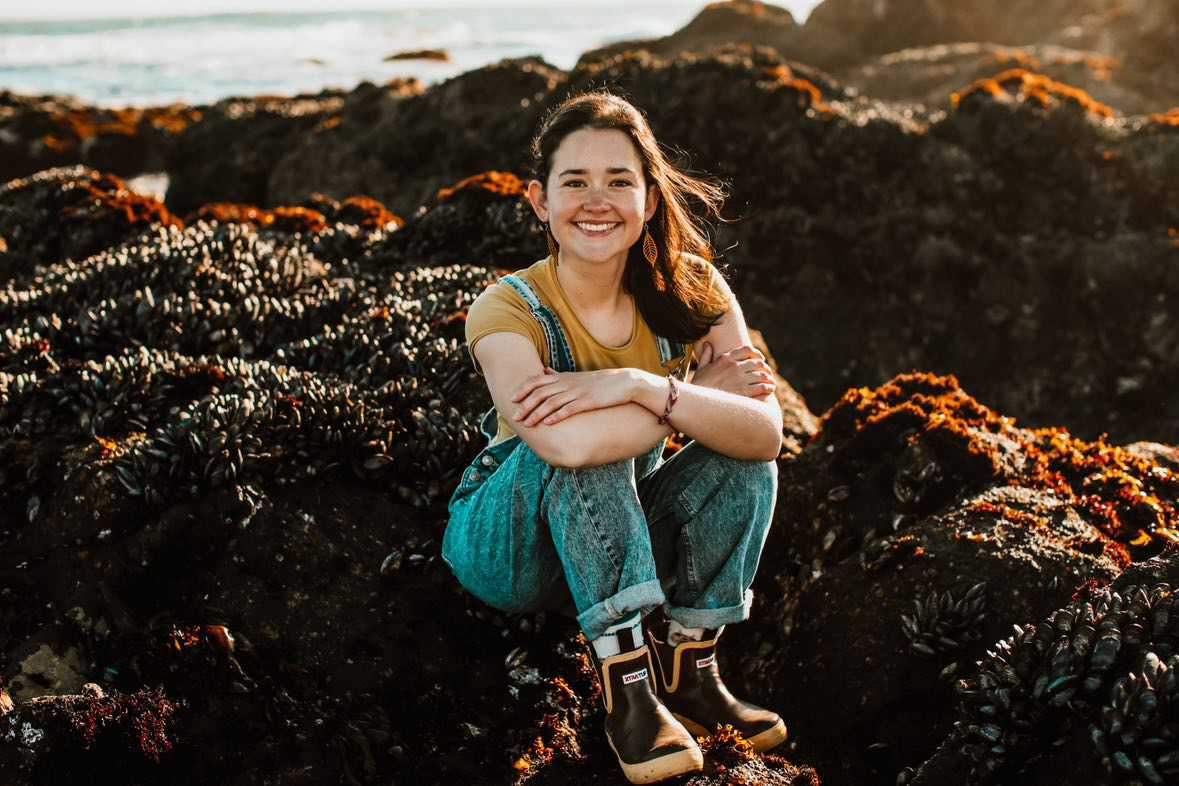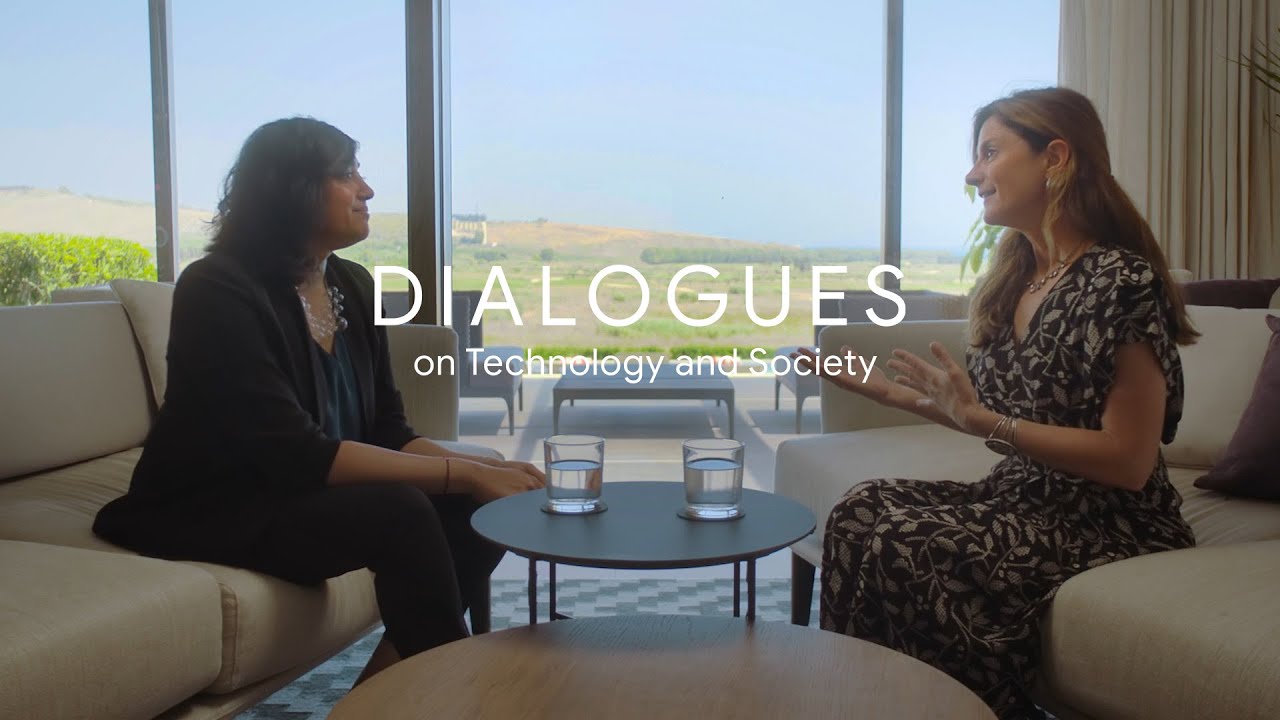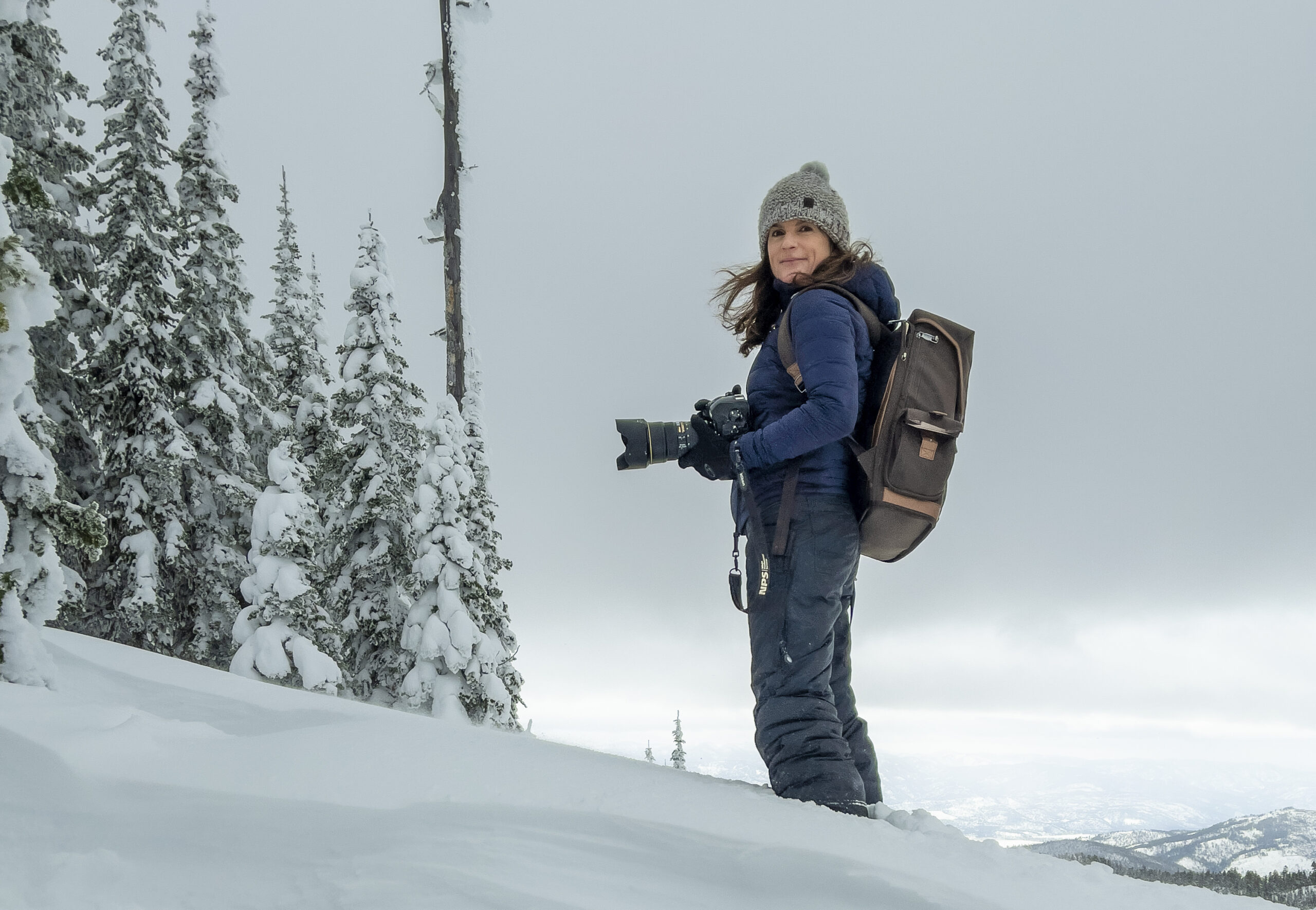Guinea Bissau: Rediscovering the Soul of a Forgotten Land
07 / 17 / 2011
Return to BlogI recently returned to the West African country of Guinea-Bissau on a generous grant from the Alexia foundation to revisit a village where I began my career as a photographer ten years ago. Young and very green, I had applied for a grant from them back in 2000, on a whim. To my delight and horror, I got it – even beating out some National Geographic photographers I heard, who had also applied that year. I had no idea what I was doing and was terrified. But the foundation felt there was something special about my proposal to document a small village in an unstable country torn apart by war. They took a risk on me back then and changed the course of my life.
Flash forward to 2011, and not much has changed in Guinea-Bissau. Bullet holes still pockmark the elegant facade of the presidential palace, its gutted interior still blackened by bombs from a civil war fought over a decade before. One aid organization working in the area has unearthed approximately 3,000 anti-personnel mines in the capital and is still digging up unexploded ordnance in the countryside. Corruption, a devastated economy and continuing instability continue to erode the urban center, while crumbling infrastructure and skirmishes with separatists in neighboring Senegal have caused thousands of civilians to flee border areas. Despite my experiences working in such places, returning felt just as terrifying as when I first arrived ten years ago.
Guinea-Bissau is a forgotten state. Few flights arrive here each week, aid agencies are scarce, and now the country is being called Africa’s only narco-state, a nation controlled and corrupted by drug cartels. As a recent U.N. report concluded, it has everything criminals need: “resources, a strategic location, weak governance and an endless source of foot soldiers who see few viable alternatives to a life of crime.” Many fear this will further destabilize the already volatile country.
Even getting a visa was a challenge. Every phone number I found for a consulate or embassy was disconnected, and flights to neighboring Senegal had been canceled for weeks due to conflict near the border. I finally came across a number in New York. The woman who answered was the UN representative, running the consulate out of her home for the last seven years because the country was too poor to pay rent for an office. After a few questions, she paused: “I know you,” she said, laughing, “You sat next to me on the plane to Bissau 10 years ago. I still have a photo of you with my daughter.” I was shocked. This was a powerful reminder that despite all the problems, it’s the people who make a place special, and it is personal connections that help me through obstacles.
Once I landed, my fears washed away. I once studied Pulaar, the local language, and now I was putting it to good use, remembering all its elaborate greetings. This was the single most important thing I could have done to prepare for my trip. It kept me safe. As I took public transport to the village, my fellow passengers stared at me with shock and delight. They were so thrilled that a foreign woman would know some of their language that I could tell right away no one would ever harass me. Instead, I was met with laughter, smiles and gracious offers to carry my belongings. The women in the village saw me first and began running to greet me. I cried, they cried, we laughed and settled in for the night. I spent 12 days there, listening to their stories and taking photos.
I learned on my first visit that every day is a struggle for Guineans, but I was mesmerized by the people who gave so much to open up my eyes to the beauty and sadness of their lives. Through it all, I was reminded of how similar we all are despite the distances between us.
On my last evening in 2001, I sat with a group of children beneath a sea of stars talking into the night about my return home. One of the children, Alio, innocently asked me if we had a moon in America. It seemed so symbolic and touching that he should feel like America was a separate world. I was able to meet Alio again this time around. Now he is a young man with a cell phone and a worldly vision. I asked him if he remembered our conversation about the moon. He laughed shyly and said, “Yes, I know now – we share the sun and moon – but here you are our guest, so we will share ours with you.” Once again I was reminded that no matter how desperate and impoverished a place may look, the truth is that nearly everyone on this planet shares the same values. I see a lot of people with common notions of kindness, peace, generosity and a sense of community, and the moon serves as a constant reminder that we are all tied together in an intricate web, whether we believe it or not.
You May Also Enjoy

Announcing the Winner of the Polar Latitudes With Ami Vitale Antarctica Trip!
The moment we’ve all been eagerly awaiting has finally arrived and choosing a winner was no easy feat, each of the 515 applicants was nothing short of awe-inspiring! I want to sincerely extend my deepest gratitude to all of you who participated. It was truly humbling to witness the immense talent and passion displayed by all [ … ]

AI & Social Good | Dialogues on Technology and Society | Ep 8: | Ami Vitale and Mira Lane
I had the privilege of speaking with the brilliant Mira Lane, Google’s Sr. Director of Technology and Society recently. Mira is a remarkable mix of artist and tech guru, and she’s all about breaking down barriers between these worlds. We talked about the importance of sharing stories of hope and the powerful impact it can [ … ]

Join me in Antarctica!
Embark on an unforgettable journey to Antarctica, the Falkland Islands, and South Georgia to learn the art of visual storytelling! Any number of ships can take you to Antarctica. And the incredible landscape, the wildlife, and Antarctica’s ethereal light – it will all be waiting for you regardless. But how you experience this wonderous place and how deeply it touches [ … ]

